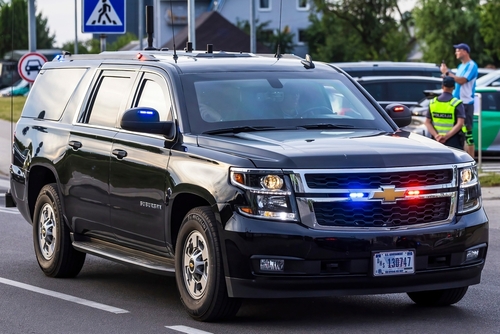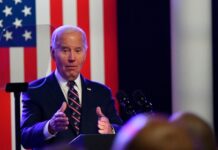
In a significant shakeup to its electrification strategy, Ford Motor Company announced delays and cancellations affecting some of its most anticipated electric vehicles. The company has postponed the launch of its three-row electric SUV from 2025 to 2027, citing the need to wait for advancements in battery technology and the evolving consumer market for such vehicles.
This delay affects production plans at Ford's Oakville Assembly Plant in Ontario, which is currently undergoing a transformation from a traditional gas-powered vehicle facility to an electric vehicle (EV) plant.
Updates throughout: Ford delays new EV plant, cancels electric three-row SUV as it shifts strategy https://t.co/h3jR2bpOKp
— Michael Wayland (@MikeWayland) August 21, 2024
In addition to this delay, Ford has also pushed back the introduction of its next-generation all-electric T3 pickup truck by a year, now scheduled for a 2026 release. The truck will be built at the new BlueOval City complex in Tennessee, where Ford is investing heavily in what it describes as its first "Industry 4.0" plant. The delay allows the company to ensure quality and possibly incorporate cutting-edge features like autonomous driving.
The shift in Ford's strategy comes as the automaker faces the challenges of balancing the rollout of fully electric vehicles with the continued demand for hybrid models.
Ford Motor is delaying production of a next-generation all-electric pickup truck at a new plant in Tennessee and canceling plans for a three-row electric SUV.https://t.co/5N5nhQXDY3 pic.twitter.com/zXxz8EZaH1
— CNBC (@CNBC) August 21, 2024
By the end of the decade, Ford plans to offer a hybrid version of every vehicle in its Ford Blue lineup. This focus on hybrids reflects the company's broader goal to maintain profitability while gradually transitioning to an all-electric future.
Despite these delays, Ford's commitment to electrification remains strong. The company reported an 86% year-over-year increase in electric vehicle sales last quarter, driven largely by the success of models like the F-150 Lightning and the Mustang Mach-E. However, the decision to delay these key EV launches suggests that Ford is recalibrating its approach, possibly due to market conditions or the need for more technological readiness.
As Ford adjusts its plans, competition in the EV market is intensifying. Rivals like Kia and Hyundai are moving ahead with their own three-row electric SUVs, potentially filling the gap left by Ford's delayed entries. Kia's EV9 and Hyundai's IONIQ 9 are both set to launch soon, likely increasing pressure on Ford to deliver when its vehicles finally hit the market.
This strategic pivot underscores the challenges traditional automakers face as they navigate the transition to electric mobility, balancing innovation with market demands and technological feasibility. Ford's ability to successfully execute this shift will be closely watched by industry analysts and consumers alike.









